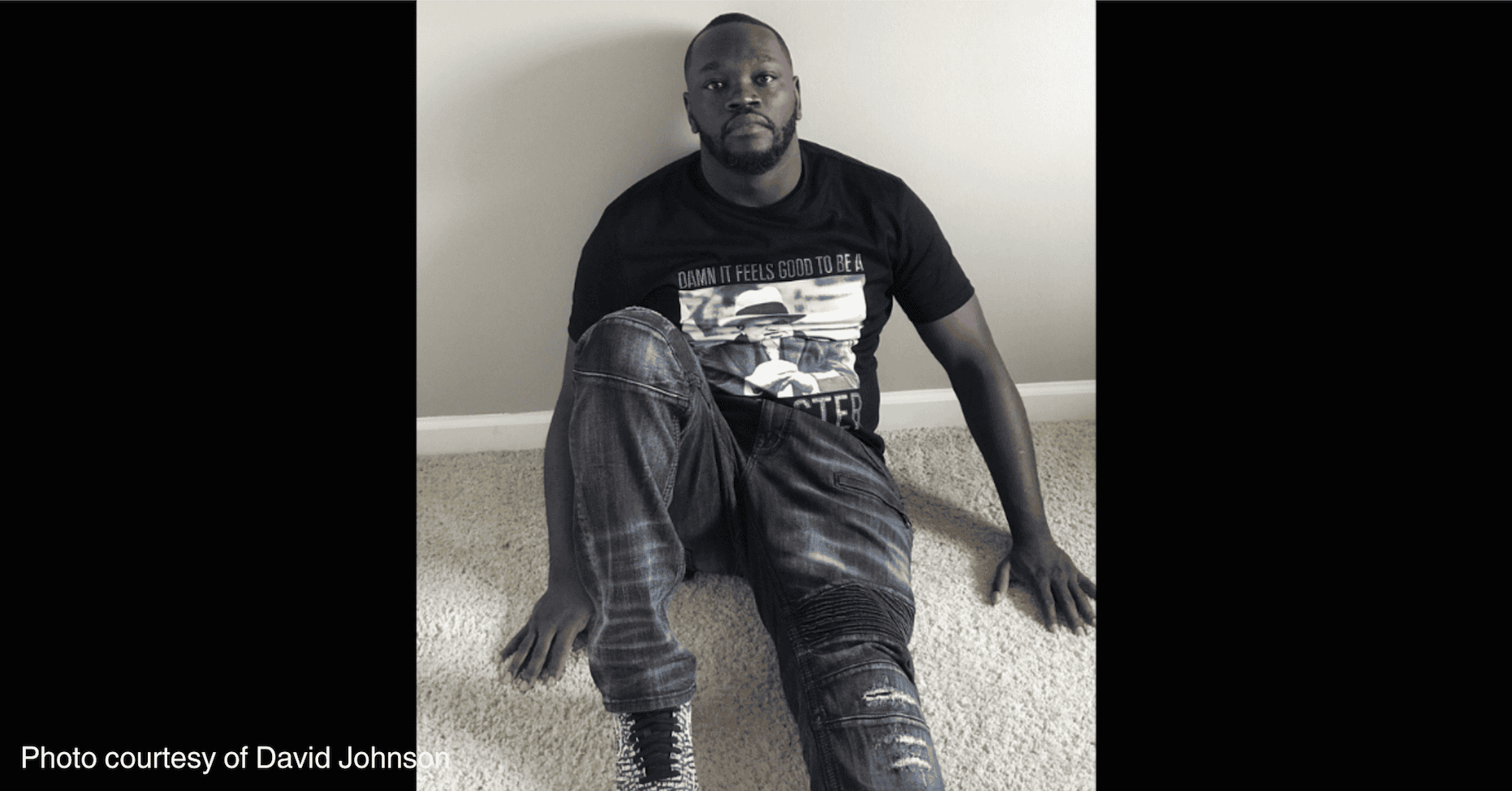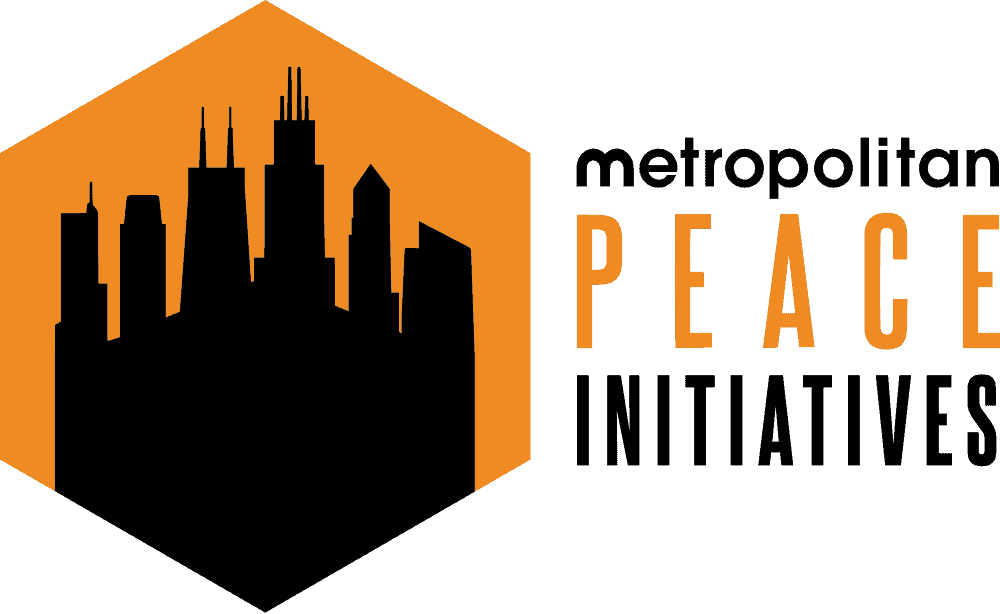‘I Wanted to Change the Narrative’: How One Outreach Worker Transformed His Life

There’s something to be said about an individual who has the self-determination to change their circumstances, despite old habits or outside influences. One who doesn’t necessarily wait for the perfect time to change course, or for things to get “bad enough.” Instead, they have the vision to want more for themselves, their future, and for those around them.
David Johnson, also known as “Bobbie,” is one of those individuals. His desire to be better keeps him motivated and is displayed through the tireless work he does in the community he calls home.
Born and raised in Englewood, the 39-year-old serves as a street outreach worker for Target Area Development, a nonprofit organization dedicated to reducing gun violence through hyperlocal collaboration, trauma-informed care, and restorative justice practices. Johnson walks those same streets he grew up on, assisting residents in securing affordable housing, clothing, and food.
But, admittedly, Johnson says he wasn’t always an asset to his community. Growing up, he says his upbringing was typical with sports and hanging out with friends, however, he did get tripped up in engaging in illegal activity.
“I was young doing crazy stuff. You know, what any other bad kid would do in poverty. […] I stole a lot of cars. I can’t even lie,” he said.
Johnson said he never had a run-in with the law, but his own conscience was beginning to nag at him to change his ways. He credits Rodney “Hot Rod” Phillips, a longtime community violence intervention professional and current Associate Director of Crisis Prevention & Response Unit (CPRU) at Metropolitan Peace Initiatives, for initially introducing him to Target Area and its mission.
But the opportunity didn’t come without some convincing.
“[Rodney] came to me asking me to give back to the community. The first time he did it, I’m like ‘nah.’ […] I wasn’t ready. I was still outside hustling. I had one foot in, one foot out,” Johnson said.
“Then when he came back around for the second time, I’m like it’s so many people dying and so many people going to jail. I wanted to change the narrative. I didn’t want to do what I was doing; I wanted to do this and help my whole community.”
Phillips eventually connected Johnson with Carlos Tate, Director of Outreach at Target Area, who would soon become a mentor of sorts. Shortly after, Johnson went to work as a F.L.I.P. (Flatlining Violence Inspires Peace) worker for the organization, tasked with keeping the peace in areas most at-risk for violence. He spent five years in the role before advancing to street outreach in 2023; he’s now spent eight months in the position.
Johnson says his time with Target Area thus far has been life-changing, as he’s found himself moving in the right direction and surrounding himself with like-minded individuals.
“I’m not doing the same things I was doing. I’m not hanging around the same people I was hanging with. I’m just hanging around positive people and doing something positive,” Johnson said. “I’m trying to help my community. As they brought me in, I have brought other people from my part of the Englewood area and helped them get jobs. I’m helping them see something different too.”
“The sky’s the limit. Whatever’s for me is going to be for me. I’m trying to work my way all the way to the top of either this organization, or get my own organization. I just want to help my community.”
And in the spirit of transformation and inspiring others, Johnson has some advice for other individuals looking to turn their lives around.
“The best advice I can give you is just be you. You’ll know when it’s time for a change. When you’re steady going through the same cycle —this keeps happening, that keeps happening— you got to change within,” Johnson said.
“You got to have self-care for yourself. You got to make sure yourself is straight before you can help another person.”
Target Area Development is one of 13 organizations that make up Communities Partnering 4 Peace (CP4P), a coalition, convened by Metropolitan Peace Initiatives, focused on reducing gun violence in 28 of Chicago’s highest-risk neighborhoods.
